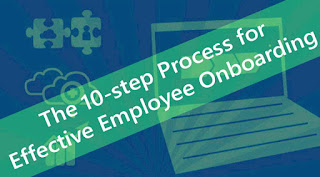Equal Employment Opportunity (EEO) Beyond the Basics: Key Concepts and Principles

OVERVIEW If you are a supervisor, manager, HR professional or business owner, you – and the interests of your organization and its employees – will be well-served by developing a solid knowledge base with regards to key EqualEmployment Opportunity (EEO) compliance considerations. You’re off to a great start if you know – and follow – your company’s EEO & harassment prevention policies (assuming they are sound and current), but that is just the ‘basics’ of what you really need to know. You’ll be best prepared to meet the risk management needs of your company and employees if you explore this complicated area of compliance at a higher level. WHY SHOULD YOU ATTEND This session focuses on what supervisory and HR professionals (at all levels!) need to know about EEO regulations and requirements, including protected characteristics, workplace harassment, retaliation and more. If you have supervisory or HR responsibilities, you need to be aware of the risks, implications a



